
Jump to:
- #1. The Boston Braves Were Known As The Miracle Braves
- #2. It Was The First Sweep In World Series History
- #3. Rumors Circulated That The Athletics Did Not Play Hard In The 1914 World Series
- #4. Dick Rudolph and Bill James Were The Two Winning Pitchers
- #5. Hank Gowdy Spurred The Offense In Game 3
- #6. It Would Be The Last Time Chief Bender Pitched For The Athletics
- #7. Attendance Dropped For The Series
#1. The Boston Braves Were Known As The Miracle Braves
The 1914 World Series was the first appearance for the Boston Braves and an unlikely one at that. On July 15th, the Braves were in last place in the National League pennant race but went on to put together an amazing run that would place them in the World Series.
They were a team without a stadium and in a town where the Red Sox were the most popular. Regardless, they made a spectacular run and found themselves creating World Series history.
#2. It Was The First Sweep In World Series History
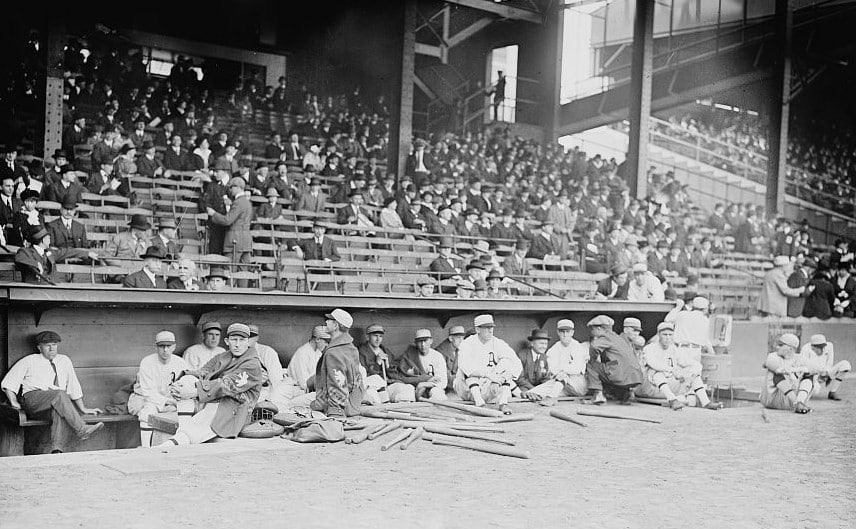
The Cubs had beaten the Tigers in the 1907 World Series 4 - 0, but it was not a clean sweep due to Game 1 ending in a tie.
The Boston Braves came into the series as big underdogs against the Philadelphia Athletics, who had won 3 of the previous championships: 1910, 1911, and 1913. The public would be stunned by the sub-par play of the Athletics and would watch them fall in four straight games.
#3. Rumors Circulated That The Athletics Did Not Play Hard In The 1914 World Series
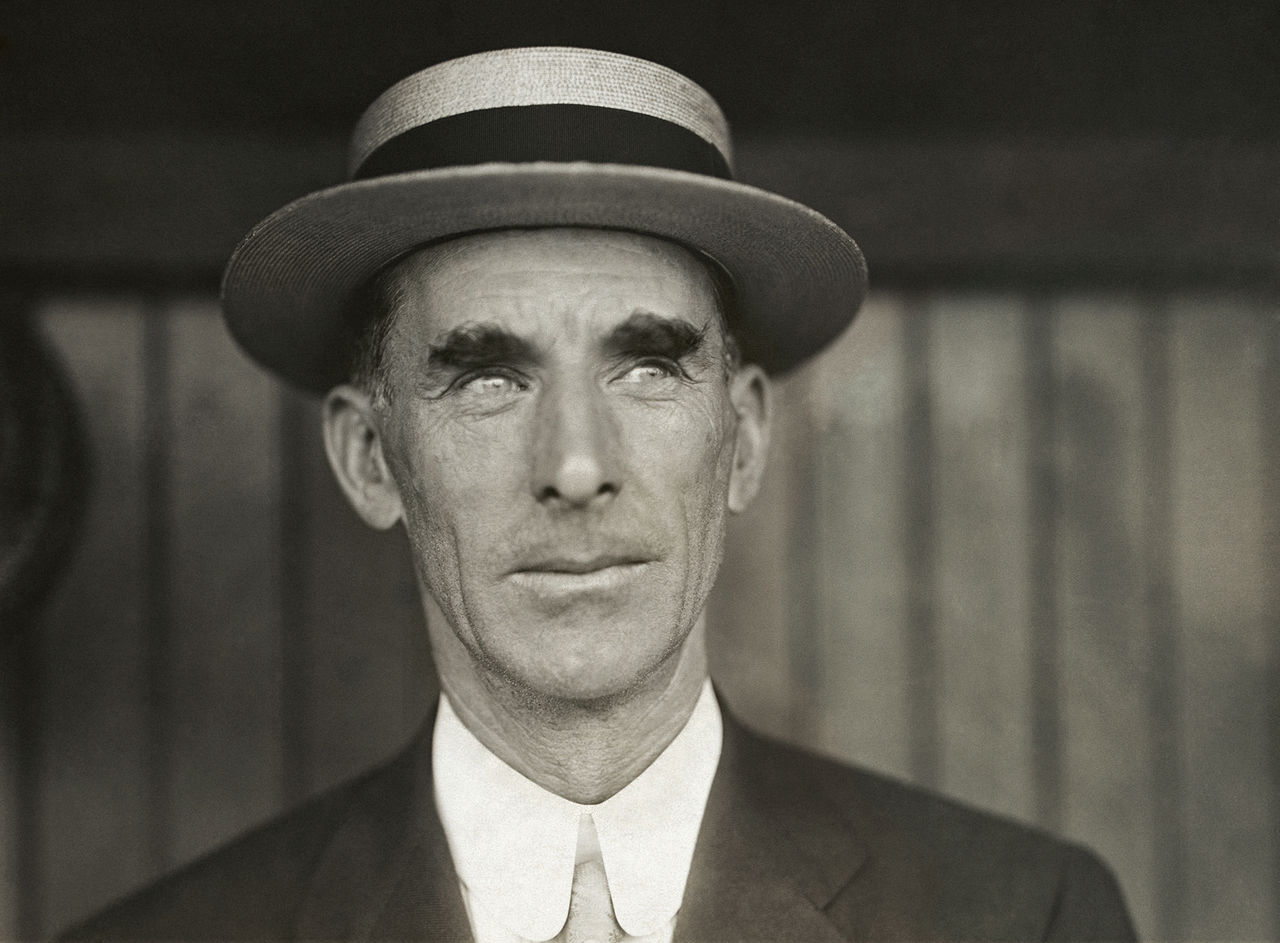
Some of the A's may have been irritated at the penny-pinching ways of their manager/owner Connie Mack and thus did not play hard, and also noting the heavy wagering against Philadelphia placed by entertainer George M. Cohan through bookmaker Sport Sullivan, who was also implicated in the 1919 Black Sox scandal.
These claims were never substantiated; however, there was trouble in paradise for Athletics. Connie Mack would begin the process of tearing down his team and rebuilding from scratch after the season.
#4. Dick Rudolph and Bill James Were The Two Winning Pitchers
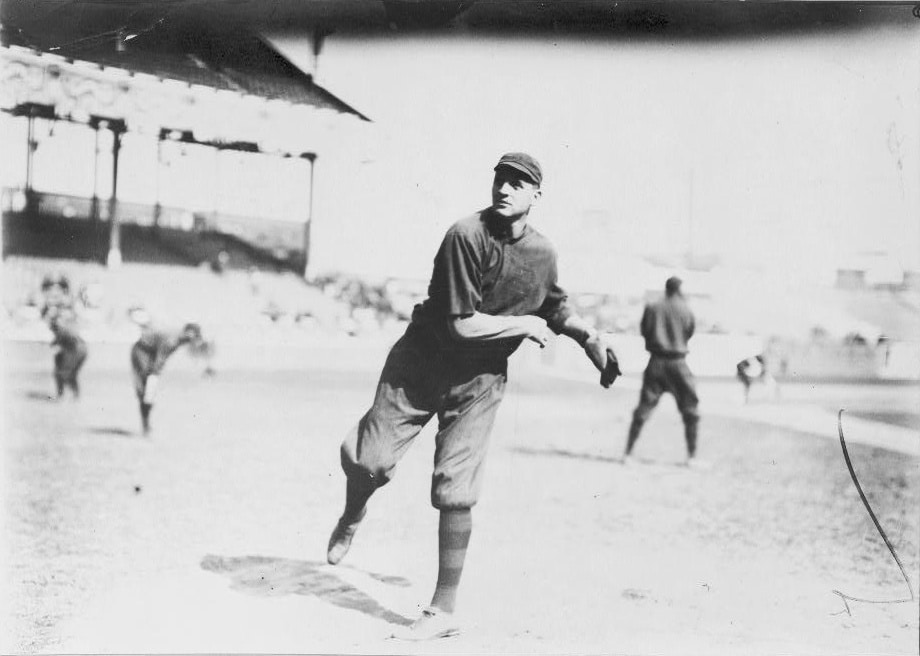
Dick Rudolph had two solid outings in Games 1 and 4, only allowing 1 run in each of his appearances.
Bill James pitched a shutout in Game 2 and then came in as relief in the Game 3 extra-inning thriller. He would end up keeping the Athletics in check while his team scored the winning runs to take the game.
The pitching for the Braves was incredible. With the exception of Game 3, the Athletics were not able to generate much offensive production.
#5. Hank Gowdy Spurred The Offense In Game 3
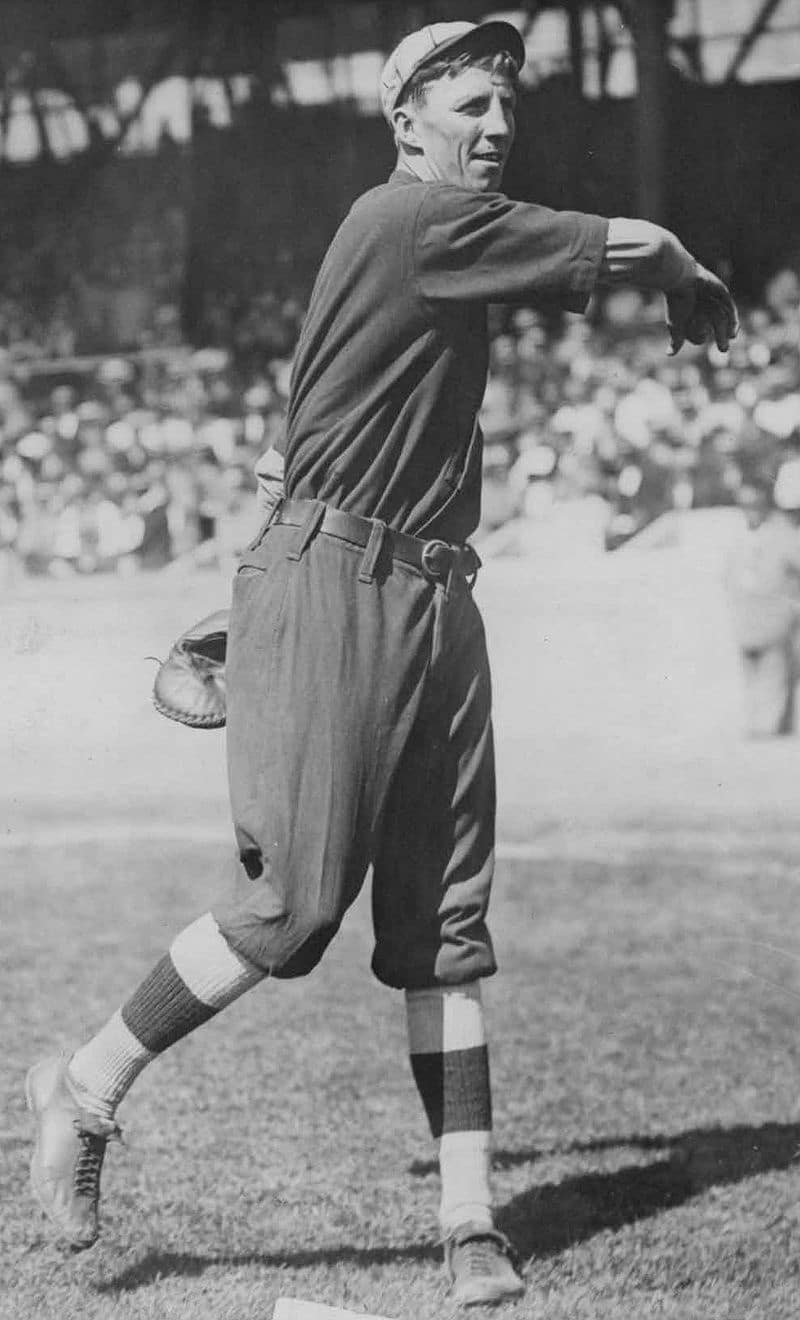
Game 3 of the series was an exciting matchup and would be the closest the Athletics would come to winning a game.
Hank Gowdy launch a home run in the 10th inning to tie the game and push it into another extra inning. He would then circle back around, and in the bottom of the twelfth inning, he hit a double.
After the double, he was taken out of the game for a pinch-runner who would go on to score on a wild throw to third.
#6. It Would Be The Last Time Chief Bender Pitched For The Athletics
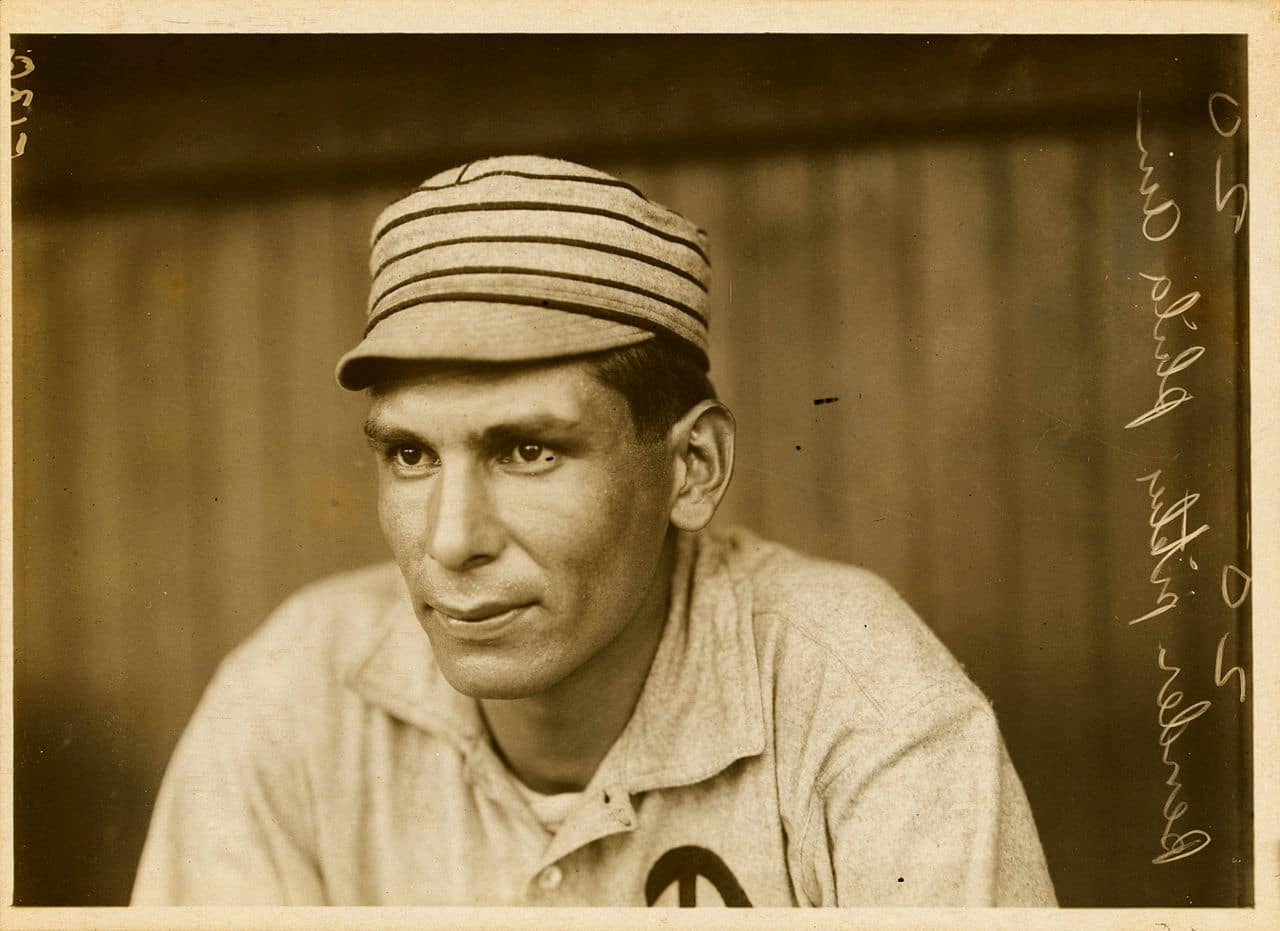
One of Connie Mack's most dependable players was Chief Bender. Bender had a stellar career and had even tied Christy Mathewson's mark of pitching 3 shutouts in the World Series.
Mathewson did it in 1905, and Bender did it in 1911.
After the season, Bender would be offered more money to play in the upstart Federal League. He would take it but go on to regret it. He would play for the Philadelphia Phillies before retiring in 1918.
#7. Attendance Dropped For The Series
A four-game series would have fewer people than a 6 or 7 game series just due to the fact that there are fewer games being played. However, attendance dropped on average per game for the first time in a few years.
This was probably due to fatigue from seeing the Athletics in the World Series and that the Boston Braves did not have a home field and had to play their home games at Fenway Park.
The 1915 World Series would have the same cities involved but different teams, as the Red Sox would play the Phillies, and the attendance would increase slightly.
